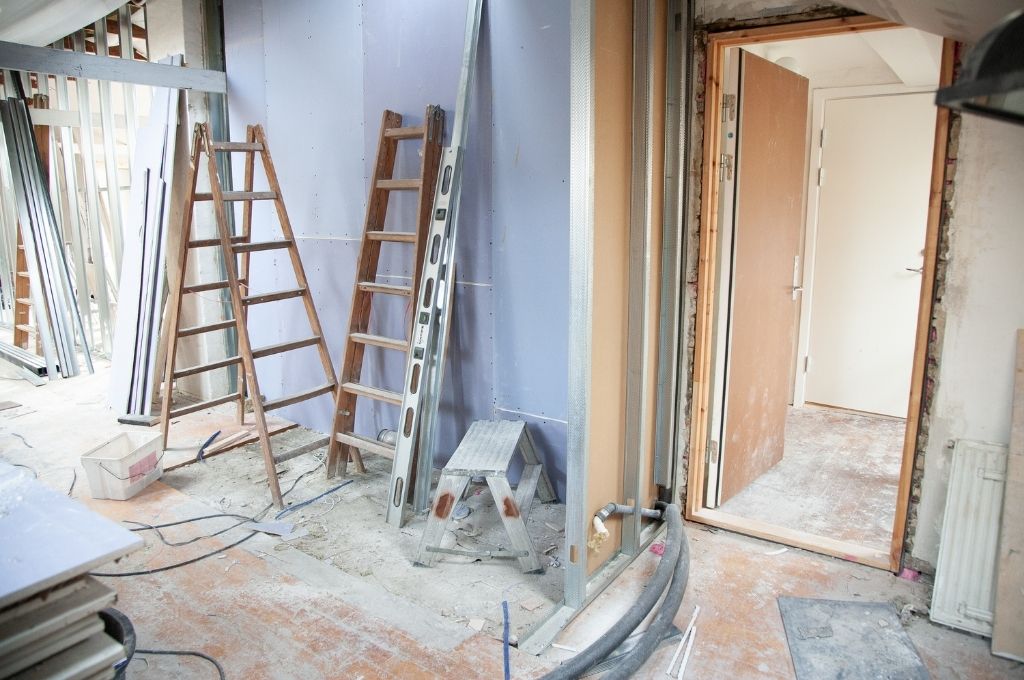Commercial renovations may be necessary for many reasons. You might need to upgrade and repair important infrastructure. Or maybe you’re looking to improve the technology used by the business. It’s also very possible that you simply want to freshen things up. No matter the reason for your renovations, you probably don’t want to break the bank doing it. To help you learn how to save money on commercial renovations, we’ve put together this list of tips.
Define Your Priorities
Before you even speak to any outside experts, have a conversation with yourself, your business partners and your employees to figure out what your priorities will be. By understanding exactly what you’re looking for you’re less likely to be swayed into something more expensive, and possibly unnecessary, by a fast talking salesperson. Well defined priorities will help keep everyone on the same page.
Make A Schedule
Renovations can be incredibly disruptive. However, if you know what those disruptions will be before going in, you’ll be better able to work around them. By putting together a schedule it’ll be much easier to orchestrate the process and keep it on track. A schedule will also let all the involved parties understand where they fit into the process.
Create A Budget
Knowing how much you’re planning to spend beforehand is crucial in helping you save money on the renovation. Even if extra costs arise, having a budget prepared can allow tweaking to occur on the fly. Having an overview of all the expected costs allows adjustments to be made while keeping renovation overruns to a minimum.
Reuse And Recycle
By reusing existing features, you can significantly cut down on renovation costs. Anything from flooring to HVAC systems to doors, walls and beams can be repurposed or reused. This can cut down on the amount of new materials you need to buy while also providing a continuous thematic thread from the old to the new.
Compare Prices On Materials
Certain materials are significantly more expensive than others even though they provide the same function. For example, brickwork can be very expensive while concrete can do the same job for a fraction of the price. Deciding on what’s more important to you will play a large role, but if you’re trying to reduce costs, sometimes going for the cheaper material only makes sense.





